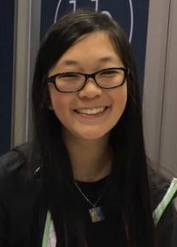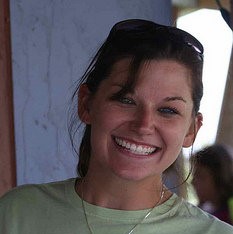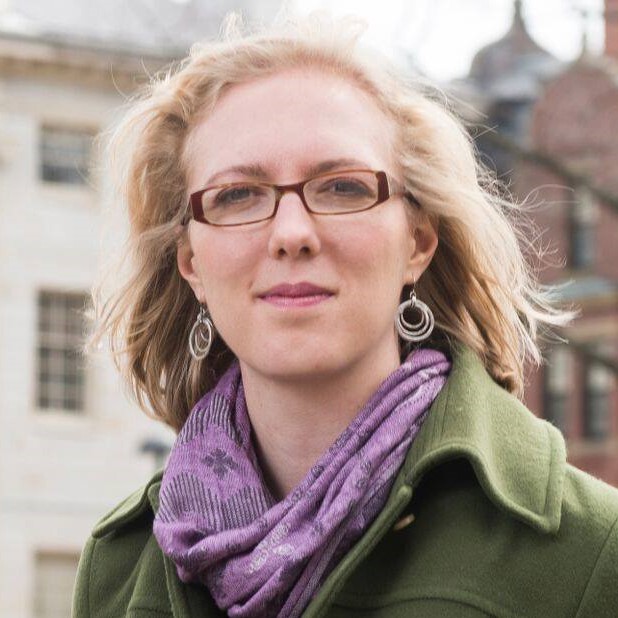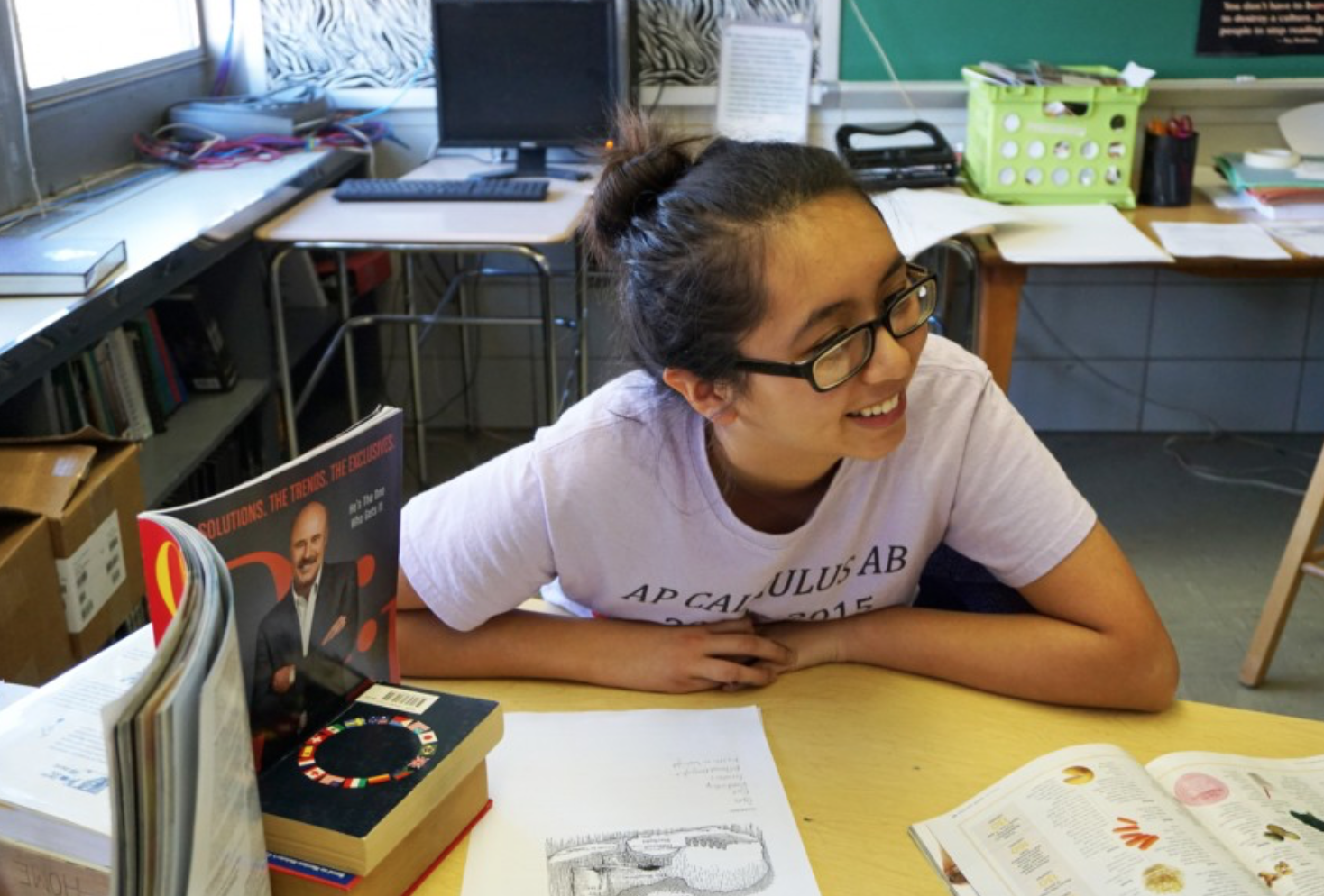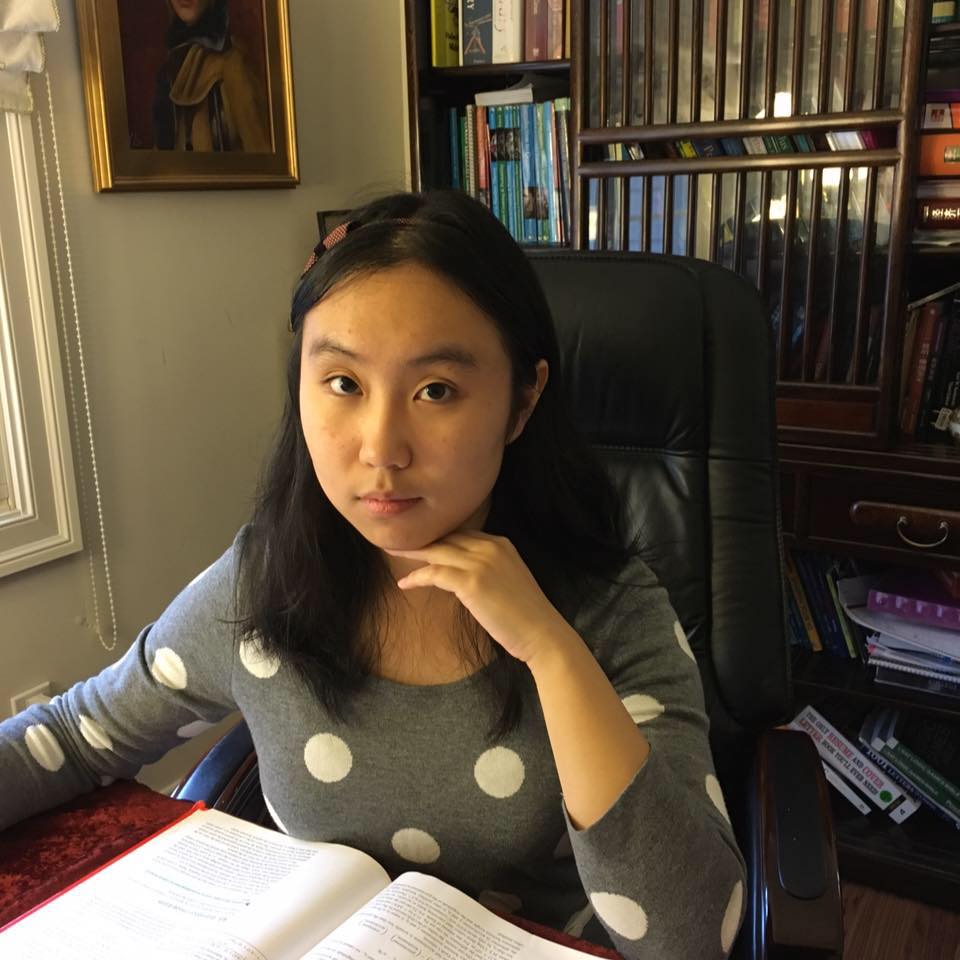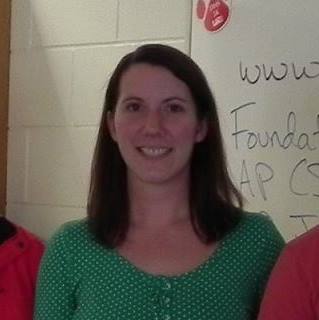Read About Elizabeth
Elizabeth Min is a high school junior currently in a dual-credit program to obtain her A.S. with an emphasis in Computer Science when she graduates high school.
When she's not coding, she's a book blogger and an aspiring author.
I was going to start by talking about the trends in higher education, but let’s hold off on that for a second and instead, throw it back to 2007: the year of Ratatouille.
As ridiculous as it might seem, the Pixar animated movie about a young rat with serious cooking skills provides some of the best advice I can give to girls who are passionate about STEM or are looking into the field.
At the end of the film, food critic Anton Ego reflects on his changed perceptions of the quote, “Anyone can cook.” “In the past, I have made no secret of my disdain for Chef Gusteau’s famous motto, ‘Anyone can cook,’” Ego writes. “But I realize, only now do I truly understand what he meant. Not everyone can become a great artist, but a great artist can come from anywhere.”
Not everyone can become the world’s greatest doctor, coder, engineer, or mathematician, nor would they necessarily want to, but the world’s greatest in science, technology, engineering, and math can come from anywhere.
Not everyone can become the world’s greatest doctor, coder, engineer, or mathematician, nor would they necessarily want to, but the world’s greatest in science, technology, engineering, and math can come from anywhere.
Now, if someone told me that about technology in particularly when I was in middle school, I wouldn’t have believed them.
First of all, twelve-year-old me would declare with complete conviction, technology is a boy’s club, and second of all, isn’t code all math? I’m a writer. What does writing have to do with code?
It’s true. I am a writer. I’ve always been a writer, and I think I always will be. It’s one of my biggest passions, and the only one of the three that didn’t stem (pun intended) from my experiences in high school. However, for the longest time, I didn’t think of writing as a transferrable skill. When I became interested in code, I looked at people who were brilliant in math and thought that I needed to be just like them, but I wasn’t happy constantly following in their footsteps and I wanted to do more for my community, in a way that only I could. My parents and a handful of incredible teachers were a huge part of me learning to see code as language as well as math. I went on to redesign my book review blog, create several websites for authors I was involved with the marketing plans of, and dream up new ways to integrate code and the written word even further.
Now, I’m a junior in high school, and a year from now, I’ll be submitting my college apps. It’s a scary thought, but it’s also invigorating. When I get there, I plan to major in Computer Science, and every step of the way, I’ll be making my impact on code with the skills I have and everything that makes me me.
I’ll be making my impact on code with the skills I have and everything that makes me me.
But aside from the cartoons and the personal experiences, the world is also starting to value what each individual can do.
As of November 2012, 800 colleges and universities in the United States had announced that they would no longer require the ACT or SAT for admissions, according to the Huffington Post . Even now, nearly four years later, schools across the nation are continuing to drop requirements like SAT II scores, and the trend doesn’t end with standardized testing. Programs like Stanford University’s school and Philadelphia University’s Strategic Design MBA have been praised as programs for the modern age, in which creative, hybrid thinkers are becoming increasingly important.
My point? All kinds of people, everywhere, are going to be needed to fill the jobs being created every second in STEM fields, and that means you. You, me, and all of us. Anyone can make an impact in STEM, regardless of race, sex, gender, age, culture, interests, and talents. All you have to do is put yourself out there and explore.

